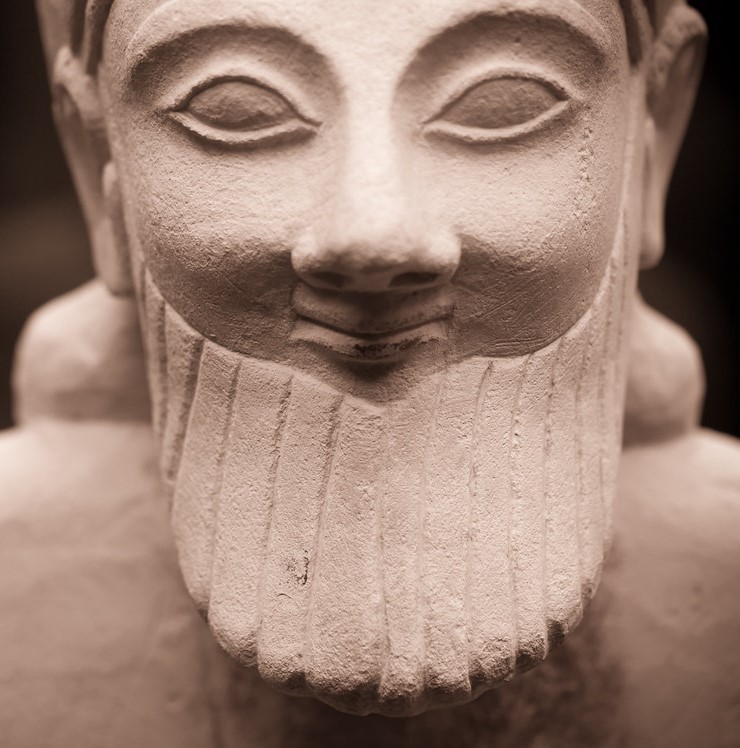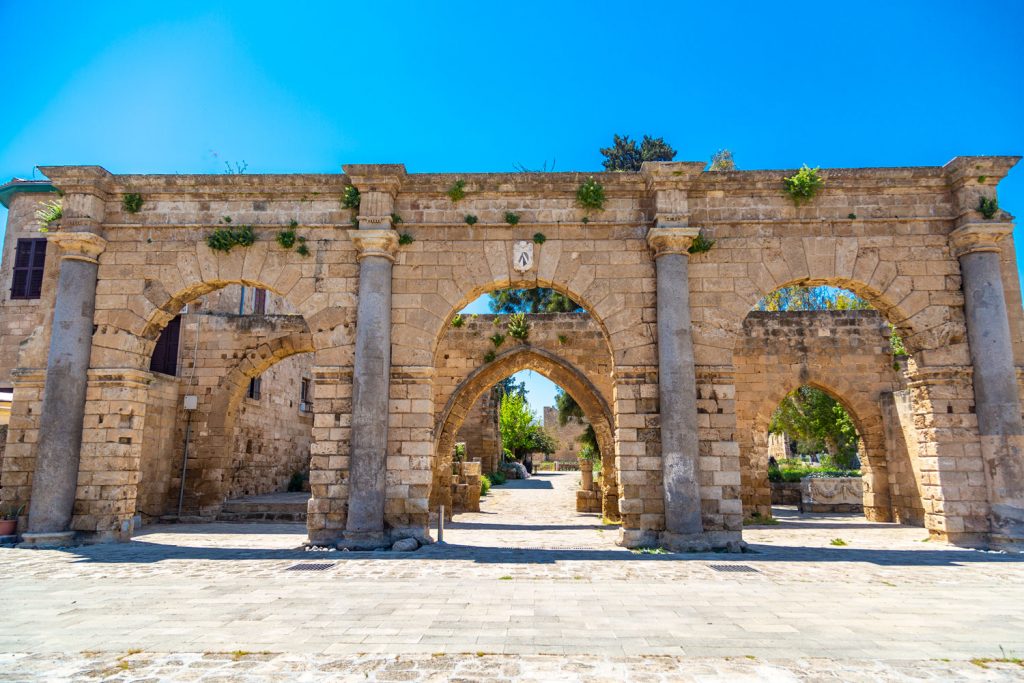Andreas Charalambous first started taking an interest in the history of his Cypriot heritage as a teen. As the years went on, it was that interest which sparked the idea to explain the rich and complex history of Cyprus in the most modern and accessible medium – a podcast.
Andreas talks to The Greek Herald in time for the anniversary of the Turkish invasion of Cyprus in 1974, and explains how there are many misconceptions about Cyprus that he hopes his podcast will clarify.
Here is what he had to say.
Tell us a little bit about yourself, Andreas.
I was born and raised in Toronto, Canada. As a Canadian of Cypriot descent, part of my identity has been shaped by parents who raised me to celebrate my Cypriot heritage. And so, it started there – at home and in my community as a member in The Cypriot Communities of Mississauga and Toronto where I even taught traditional Cypriot dance for a period of time. Now I currently teach history in Toronto where I live with my wife and two children.
What was the motivation to start this podcast?
I specifically developed an interest in Cypriot history as a teen. I started buying typical tourist books when visiting Cyprus that gave a broad overview of Cypriot history. But as I got older, and especially in post-secondary, I began to understand that the real research was published in journals. The problem you find is that often they’re quite inaccessible. Books can get expensive and even hard to track down. It occurred to me that podcasts have become a really popular medium – a way to reach a wider audience. So, I had the thought of reaching out to the experts to have them share their wealth of knowledge.

There is also the need to dispel common misconceptions about Cypriot history. It’s unique in its approach as I’ve enlisted the experts in their fields to speak to their research and really redress some of the misconceptions in Cypriot history and challenge common narratives. For example, one common narrative is that the Venetian period brought about a period of island-wide decline and neglect. This is simply not true. This was, in fact, a period of rich cultural diversity and growth. You only need to listen to the experts to hear how and why!
What will the podcast focus on?
To begin with, the podcast is free. You can access the show pretty much wherever you get your podcasts – Spotify, Amazon Music, Google Podcasts, etc. Episodes are uploaded monthly where we’ll cover Cyprus from 10,000 BCE to the 20th century, discussing language, culture, religion and political and social history. But there are also “bumper” episodes that tease next month’s release. This is unique as far as history podcasts go. These “bumper” episodes are dramatic readings of primary sources as they pertain to the next episode – performed by voice actors with musical accompaniment in order to dramatise the historical source that most would never get a chance to hear or read. The first one will be uploaded July 15th.

I’ve focused quite a bit on Cyprus in antiquity in my first handful of episodes. However, I have some great conversations coming up with Professor Benjamin Arbel and Professor Andrekos Varnava who will discuss Venetian and British Cyprus respectively. I intend to cover all periods: Roman, Byzantine, Ottoman, etc. As far as I am aware, this is the first such English podcast dedicated to Cypriot history, while providing a platform for academics to share new and exciting research in their respective fields.
How is the podcast ‘interdisciplinary’?
The word “history” can sometimes be inadequate. What makes this podcast unique is that Cypriot history is weaved together from different disciplines: archaeology, anthropology, linguistics. In order to appreciate Cyprus’ history and the “full picture,” so to speak, you need to see it through each lens.
What has been the response to the podcast so far?
It’s been incredible. I want Cypriots and non-Cypriots alike (especially those in the diaspora) to learn just how diverse and rich the history is. I’ve had a number of listeners reach out asking to be directed to guests’ publications or just simply to ask follow up questions. Similarly, guests on the show have been so willing to participate and supportive of the project. It’s very humbling.

Will your podcast feature a special episode to honour the anniversary of the invasion?
Not at the moment but I do intend on discussing this tragic event in future episodes.
To mark the 48th anniversary of the Cyprus invasion, what do you feel is important to pass onto the next generation?
Cypriot history is rich and complex. It, like many stories, has moments of both triumph and tragedy. But a common thread I’ve found is that the story of the Cypriot people is one of resilience, innovation and of possibilities.
The podcast can be found on amazon, podbean and spotify.

